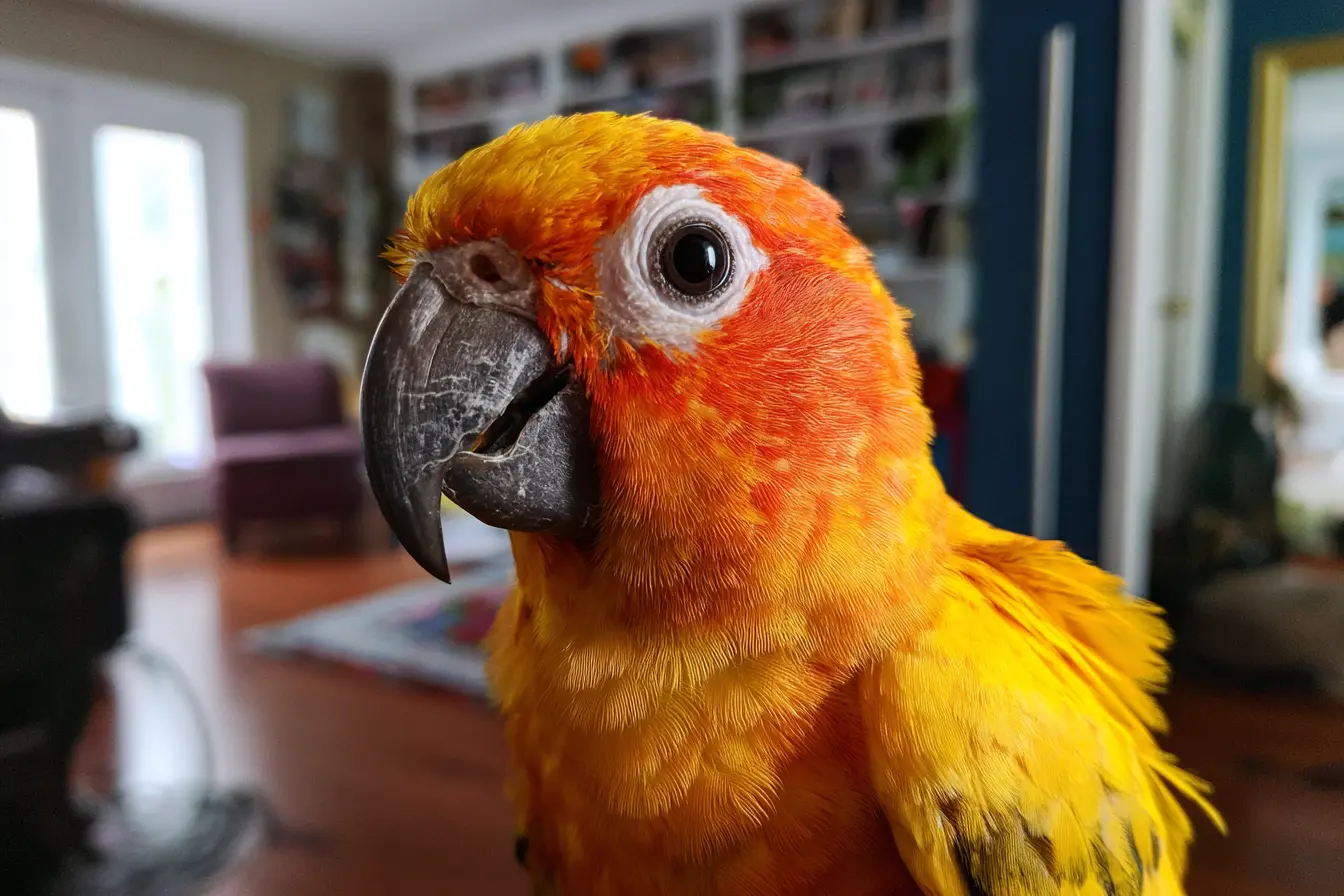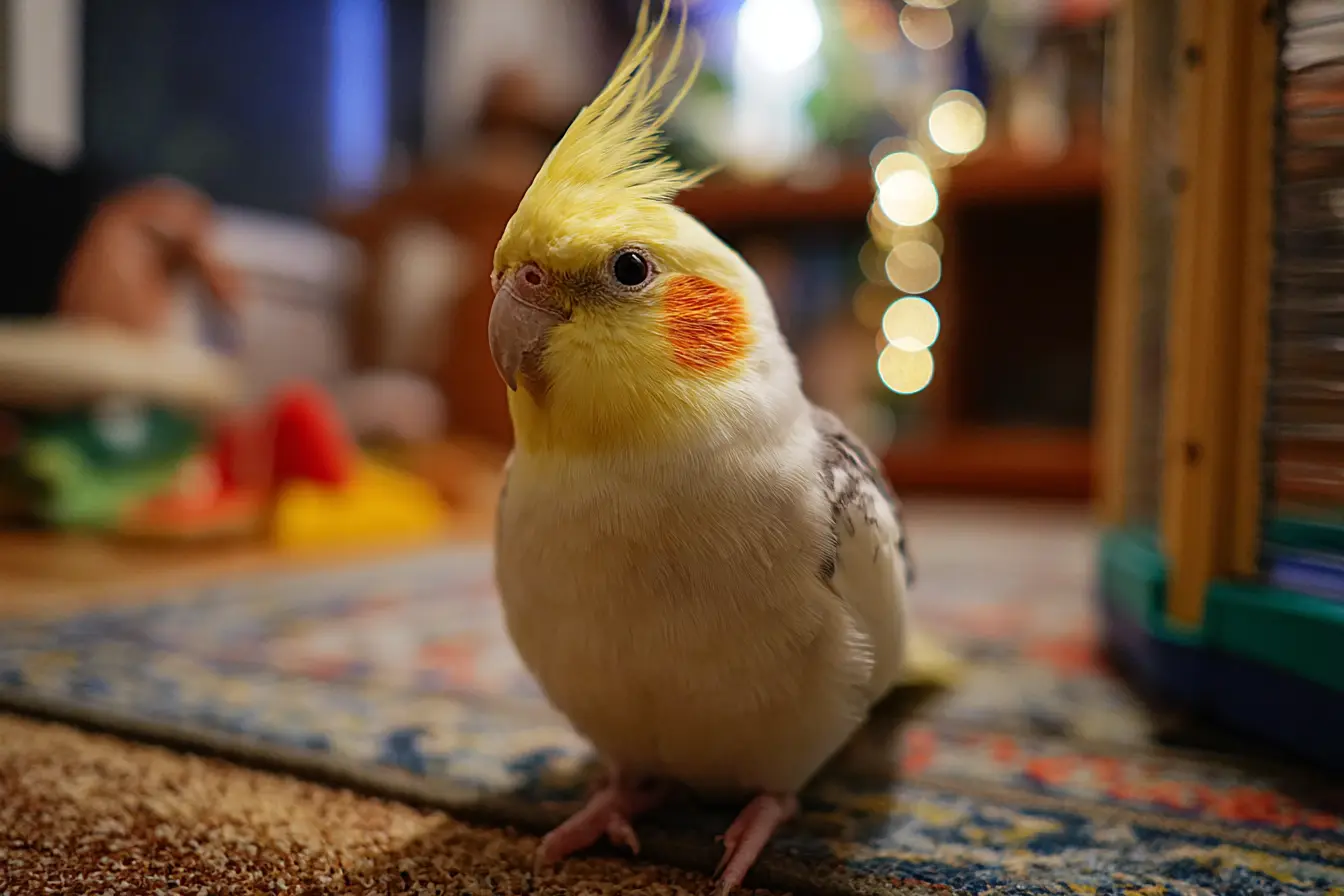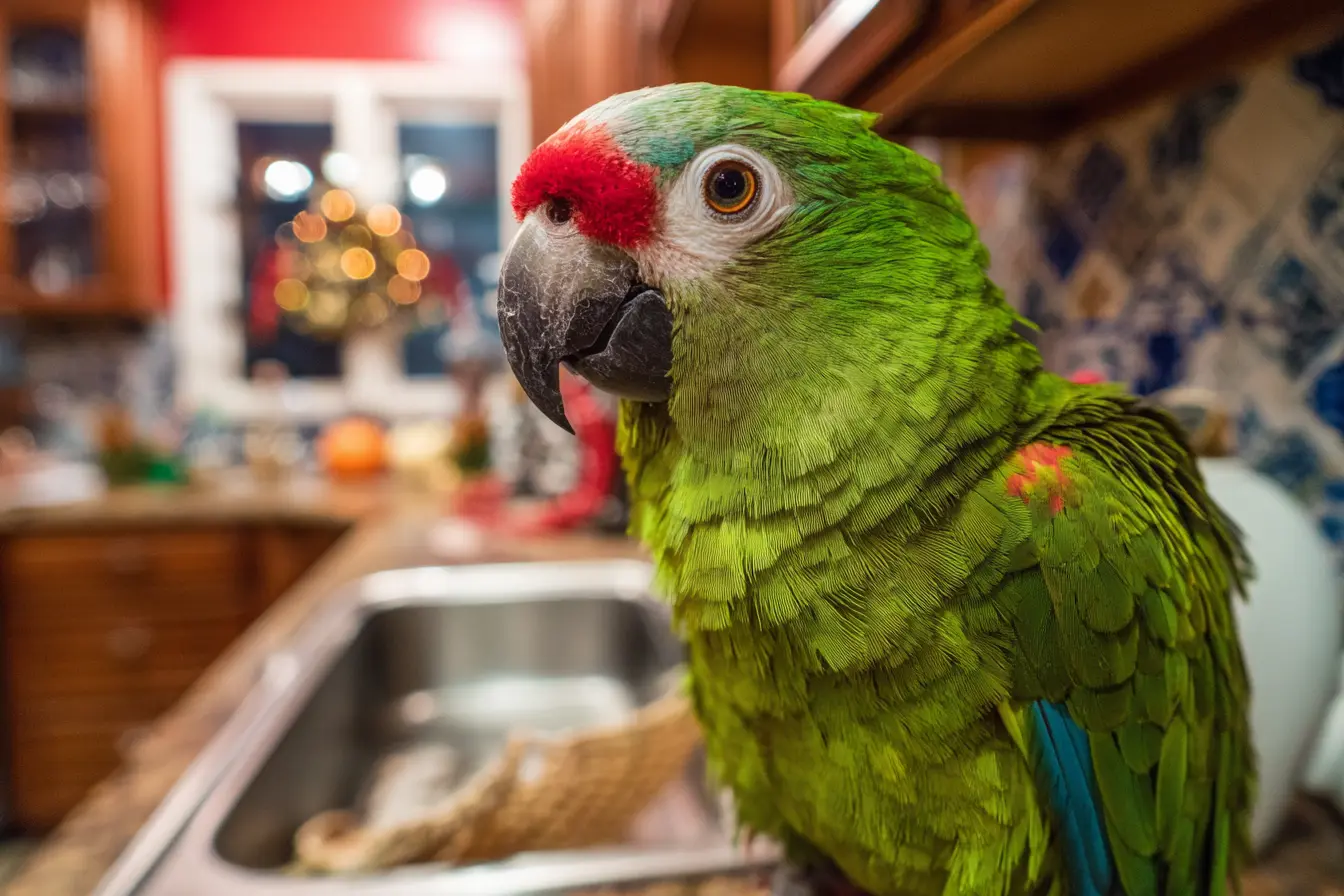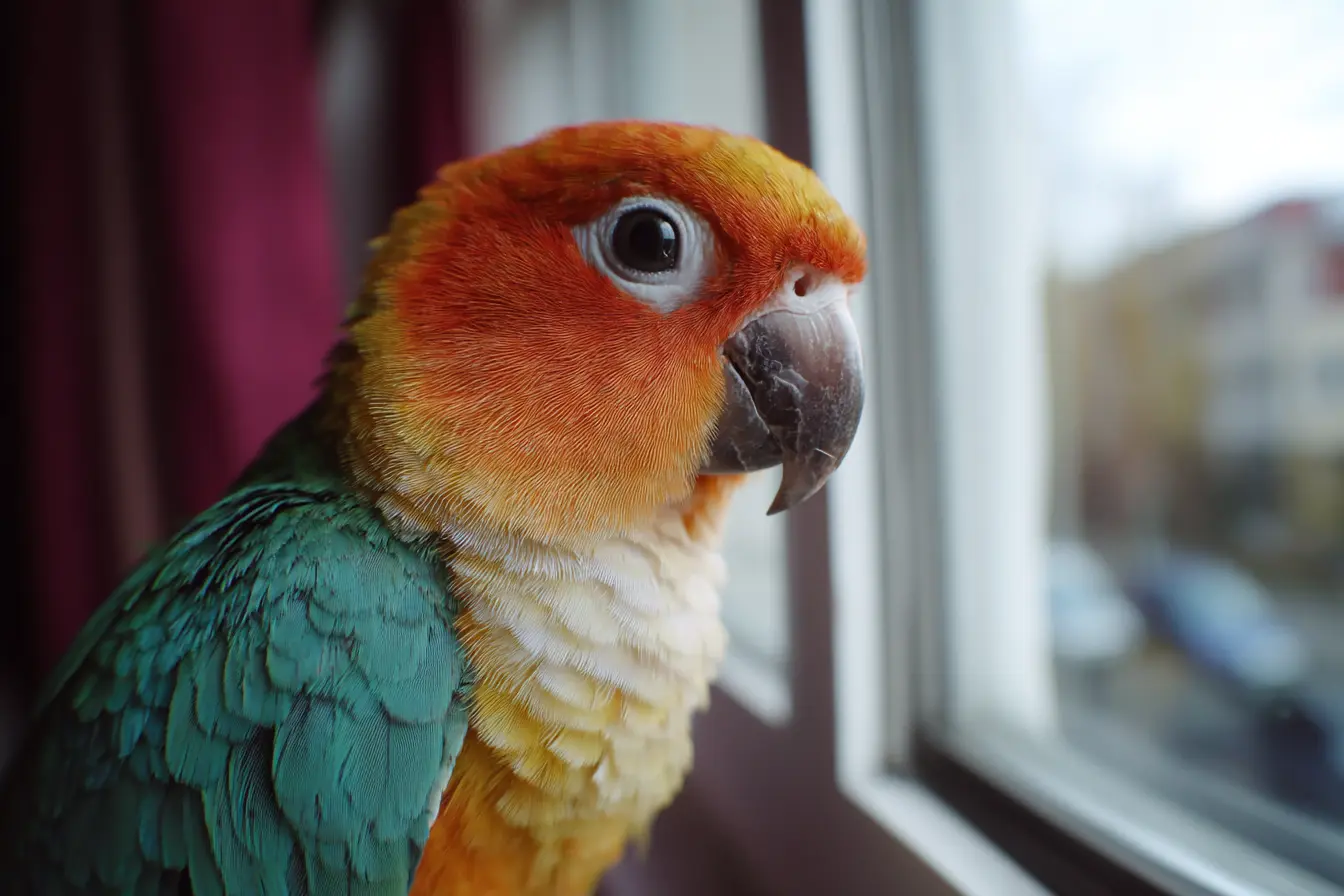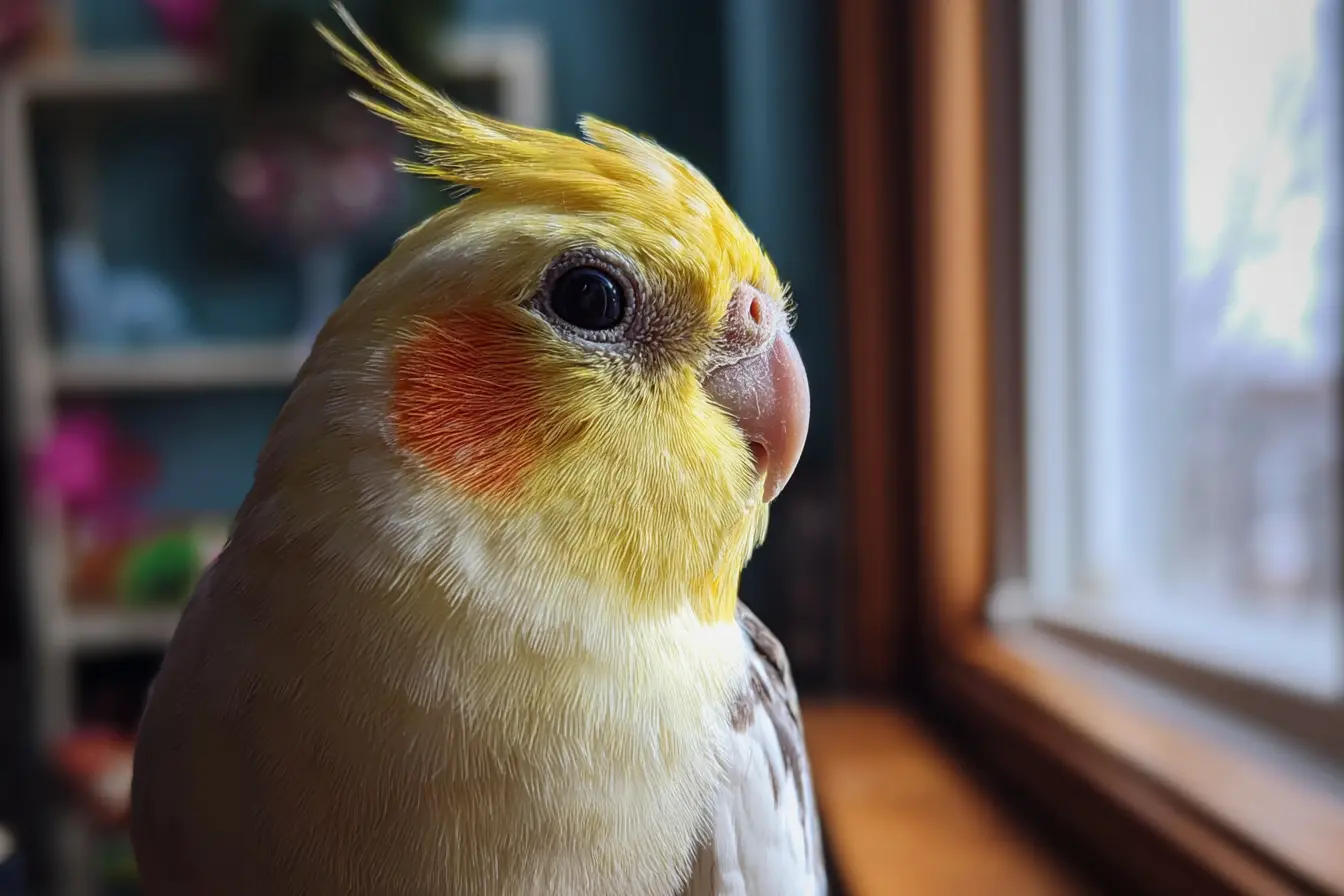
Crop Stasis in Pet Birds: Causes, Symptoms, and Treatment
Crop stasis, also known as slow crop or sour crop, is a condition where the crop fails to empty properly, leading to fermentation of food, bacterial or fungal infections, and potential digestive blockages. This condition is particularly common in hand-fed chicks and birds with underlying health issues. If left untreated, crop stasis can become life-threatening.
Understanding the causes, symptoms, treatment, and prevention of crop stasis is essential for bird owners to ensure the digestive health of their feathered companions.
What Is Crop Stasis?
The crop is an expandable pouch located at the base of a bird’s neck that serves as a temporary food storage area before digestion. Normally, food passes from the crop to the stomach efficiently. When the crop is not emptying at a normal rate, food can become stagnant, leading to fermentation, bacterial growth, and digestive issues.
Crop stasis is often seen in young chicks but can also affect adult birds due to diet, infection, or metabolic disorders.
Causes of Crop Stasis
Several factors can contribute to crop stasis, including:
Improper Diet
Feeding inappropriate foods, overfeeding, or feeding food that is too cold or too hot can cause crop stasis. Formula-fed chicks are particularly vulnerable if their food is not prepared correctly.
Bacterial and Fungal Infections
An overgrowth of harmful bacteria or yeast, particularly candida, can disrupt normal digestion and cause fermentation in the crop. Chicks are highly susceptible to these infections due to their developing immune systems.
Dehydration
Lack of sufficient water can lead to thickened food in the crop, making it difficult to pass into the stomach. This is common in sick birds that are not drinking enough fluids.
Slow Gut Motility
Delayed digestion can be caused by metabolic disorders, liver disease, kidney disease, or systemic infections. Any underlying illness that affects metabolism may contribute to crop stasis.
Foreign Bodies
Birds that ingest bedding, fibres, or indigestible objects can develop a blockage in the crop, preventing normal food movement.
Stress and Poor Environment
Sudden changes in environment, excessive handling, low temperatures, or unhygienic conditions can lead to digestive issues, including slow crop emptying.
Crop Burns
Feeding hand-reared chicks food that is too hot can cause burns inside the crop, leading to tissue damage and poor crop function.
Symptoms of Crop Stasis
Birds with crop stasis may display:
- A visibly full crop that does not empty within the usual timeframe
- Crop feels soft and doughy or excessively firm
- Regurgitation or vomiting
- Sour or foul-smelling breath due to fermentation
- Lethargy and weakness
- Loss of appetite
- Dehydration
- Weight loss or failure to gain weight in chicks
Severe cases can lead to systemic infections, shock, and death if untreated.
Diagnosing Crop Stasis
An avian vet will diagnose crop stasis through:
- Physical examination, checking for crop distension and abnormal consistency
- Crop aspiration, extracting crop contents to check for bacterial or fungal infections
- Microscopic examination or culture tests to identify infections
- Blood tests to assess underlying metabolic disorders
- X-rays or ultrasound to check for obstructions or foreign bodies
Treatment for Crop Stasis
Emptying the Crop
In severe cases, a vet may need to manually remove food from the crop to prevent further fermentation and bacterial growth. This may involve flushing the crop with sterile fluids.
Fluid Therapy
Rehydration is crucial for birds with crop stasis. Birds may require electrolyte solutions or subcutaneous fluids to restore hydration levels.
Medications
- Antifungal treatments such as nystatin for candida infections
- Antibiotics if a bacterial infection is present
- Prokinetic medications to stimulate digestion and crop emptying
Dietary Adjustments
- Switching to easily digestible, high-quality food in small amounts
- Ensuring food is at an appropriate temperature, particularly in hand-fed chicks
- Adding probiotics to restore gut health
Surgery for Blockages
If crop stasis is caused by a foreign body or crop impaction, surgical removal may be necessary.
Preventing Crop Stasis
Preventative measures can significantly reduce the risk of crop stasis in birds.
Proper Feeding Practices
- Use correctly prepared formula for hand-reared chicks
- Ensure food is warm, not too hot or too cold
- Feed appropriate portion sizes to avoid overfilling the crop
Hygiene and Environmental Control
- Keep feeding equipment, food bowls, and water sources clean
- Maintain a warm, stress-free environment for chicks and sick birds
- Monitor birds closely after dietary changes
Encouraging Hydration
- Ensure birds always have access to clean, fresh water
- Provide hydrating foods such as leafy greens and fruits in moderation
Regular Health Checks
Routine vet visits can help detect early signs of metabolic disorders, infections, or digestive issues that may contribute to crop stasis.
When to See a Vet
Seek veterinary care immediately if your bird shows:
- A persistently full crop that does not empty
- Vomiting or foul-smelling breath
- Severe lethargy or dehydration
- Weight loss despite feeding
Early intervention is crucial to prevent complications and ensure a full recovery.
Final Thoughts
Crop stasis is a serious but manageable condition in pet birds. Proper feeding, hygiene, hydration, and regular vet care can help prevent and treat slow crop function. By recognising early symptoms and taking swift action, bird owners can support their pet’s digestive health and overall well-being.
Vets near you
Speciality vets
- Aquatics vet specialists
- Birds vet specialists
- Camelids vet specialists
- Cats vet specialists
- Cattle vet specialists
- Deer vet specialists
- Dogs vet specialists
- Equines vet specialists
- Exotic vet specialists
- Goats vet specialists
- Pigs vet specialists
- Poultry vet specialists
- Sheep vet specialists
- Small Mammals vet specialists
- Wild vet specialists
Vet facilities
- Accessible by public transport
- Blood testing
- Car park nearby
- Client car park
- Dentistry
- Diagnostic imaging
- Disabled public access
- Flea and worm treatments
- Microchipping
- Mobile services
- Neutering
- Open at weekends
- Out-of-hours service
- Referral interests
- Referrals only
- Street parking outside
- Toilets available
- Vaccination clinic
